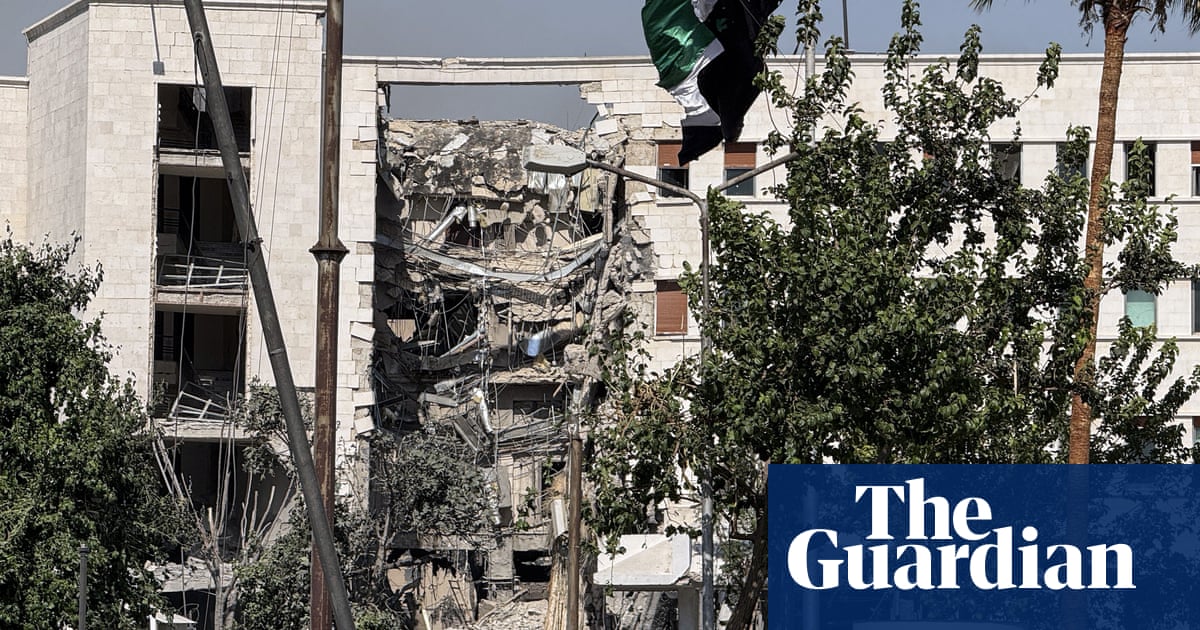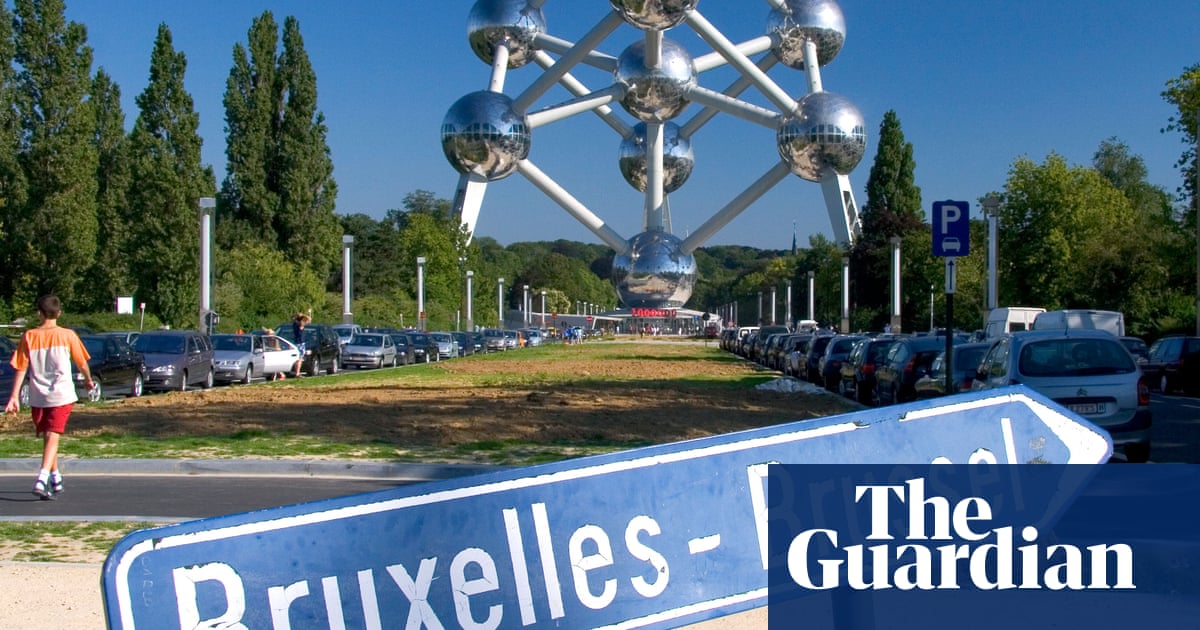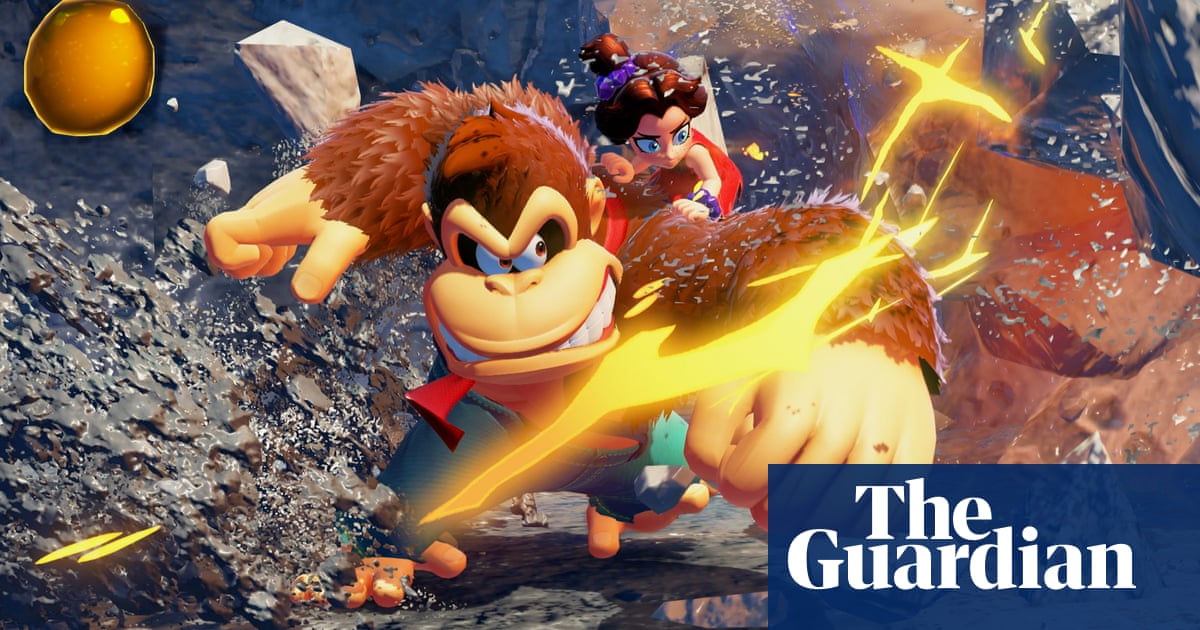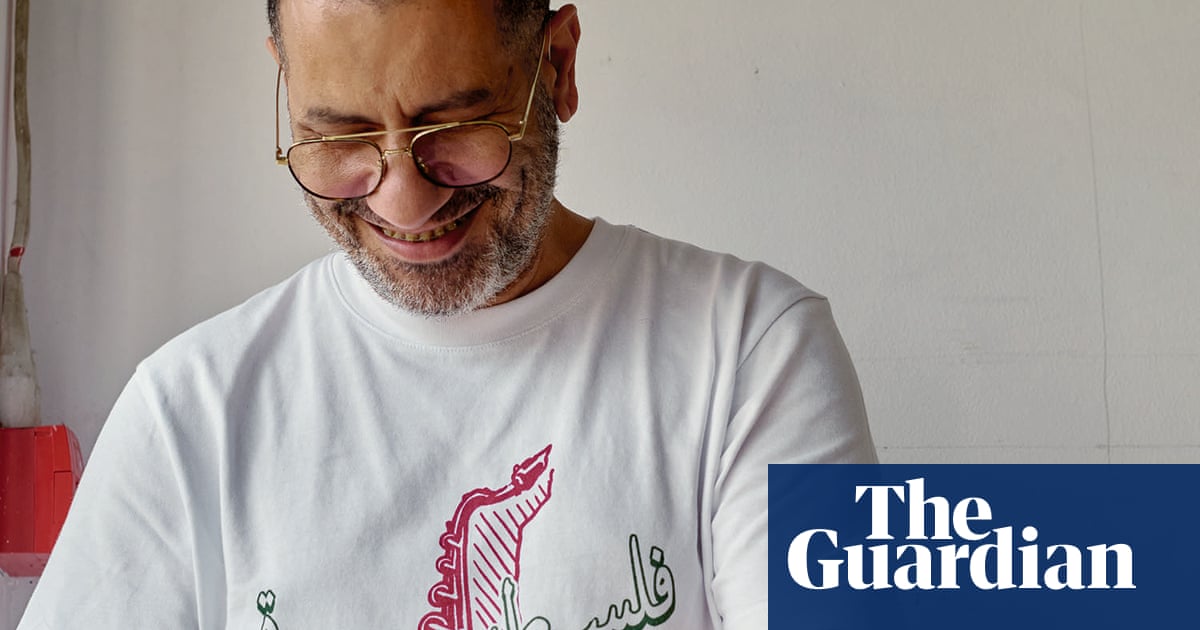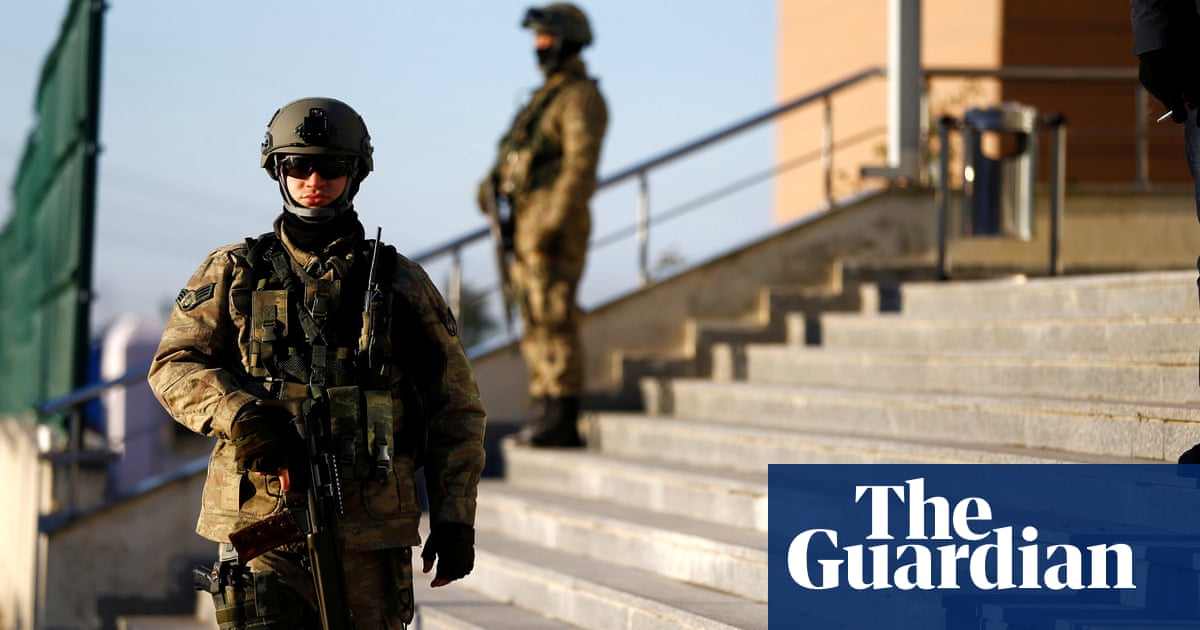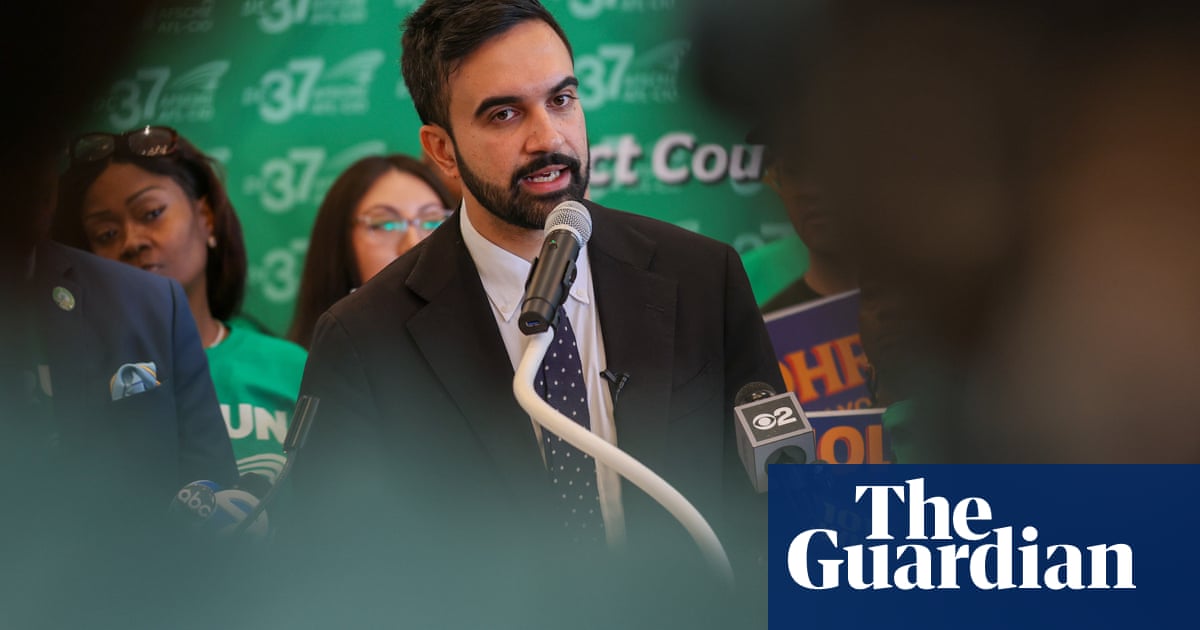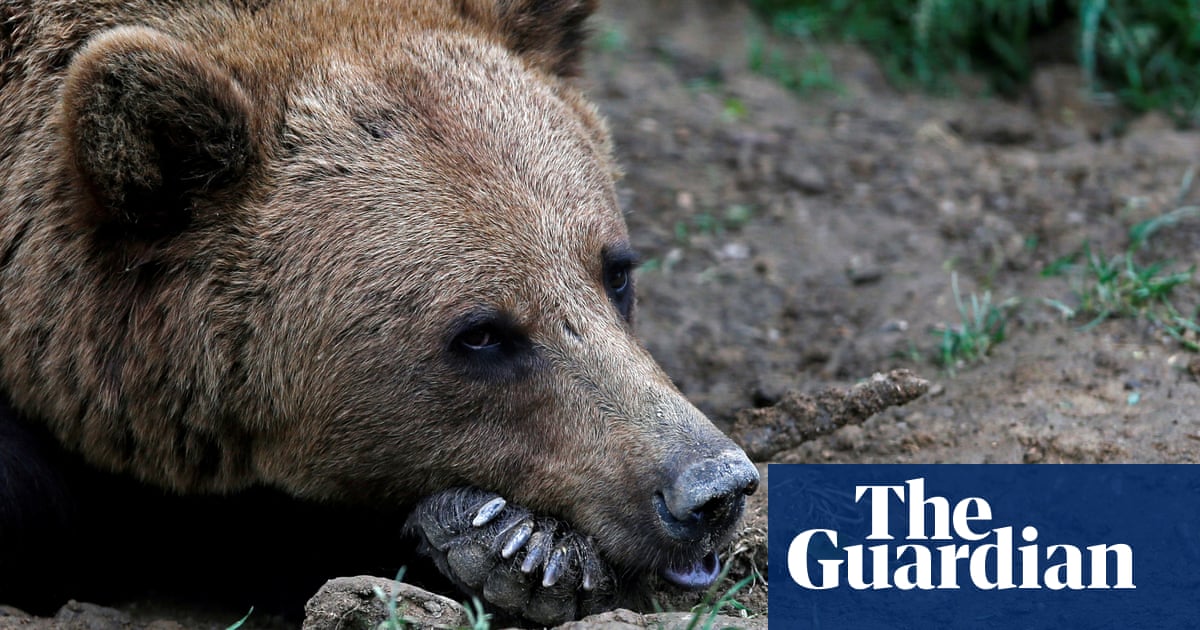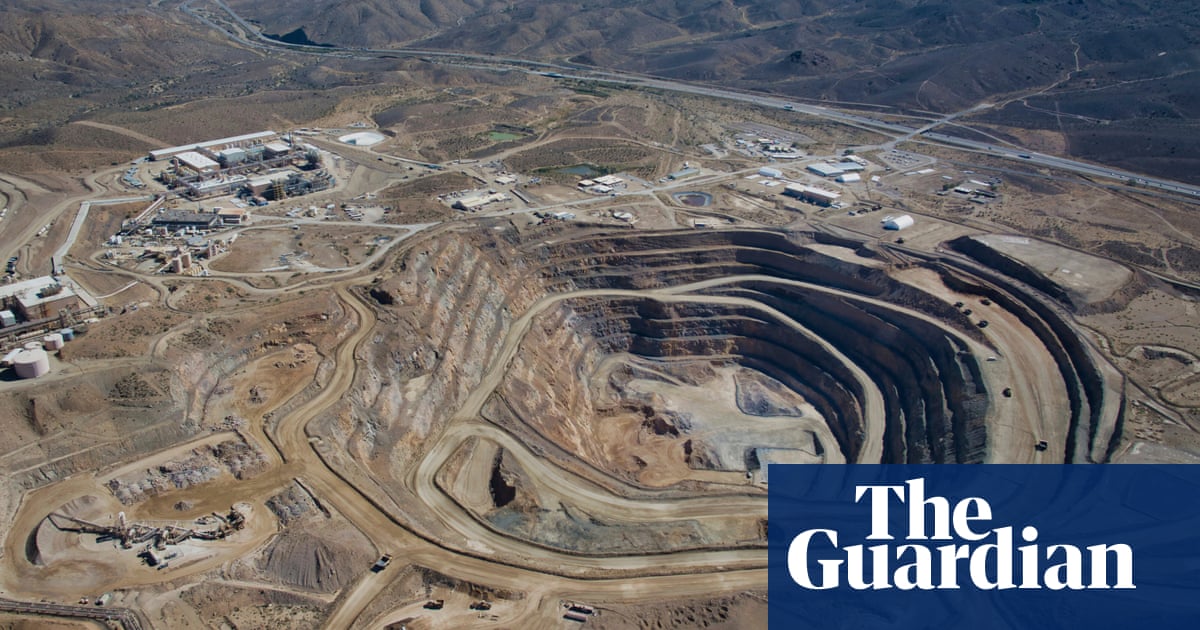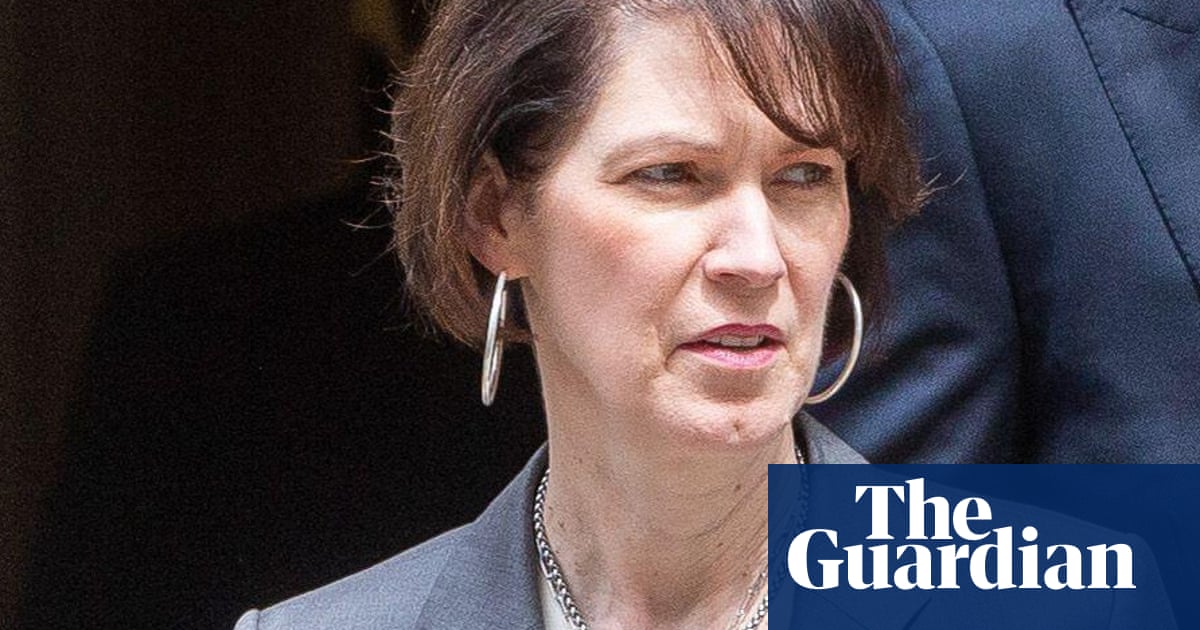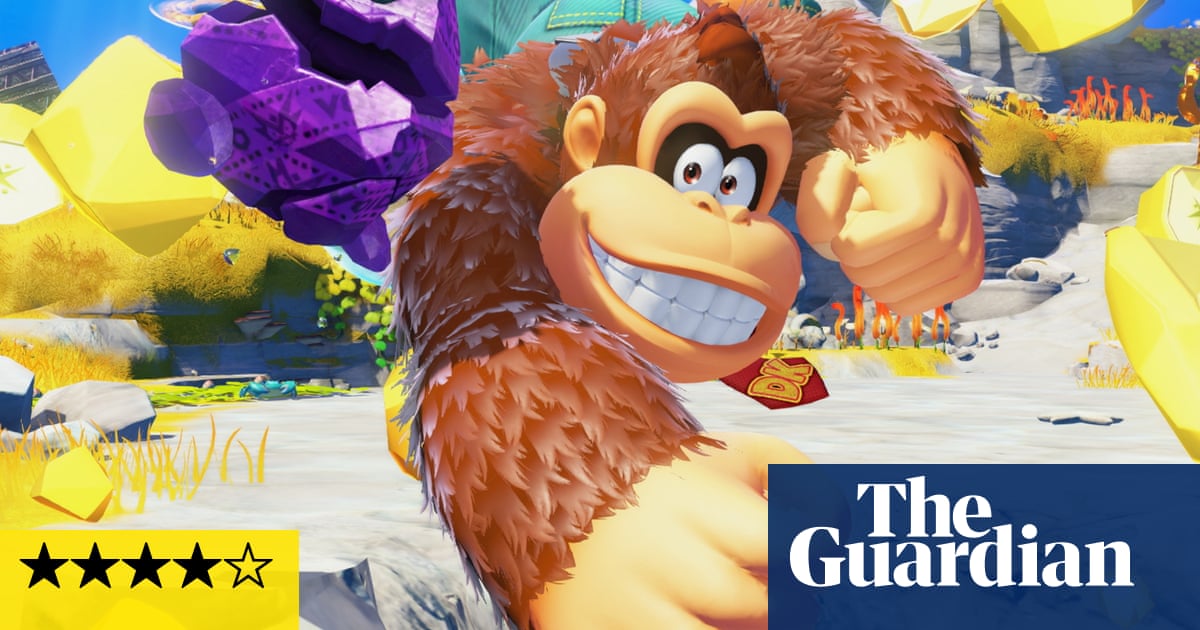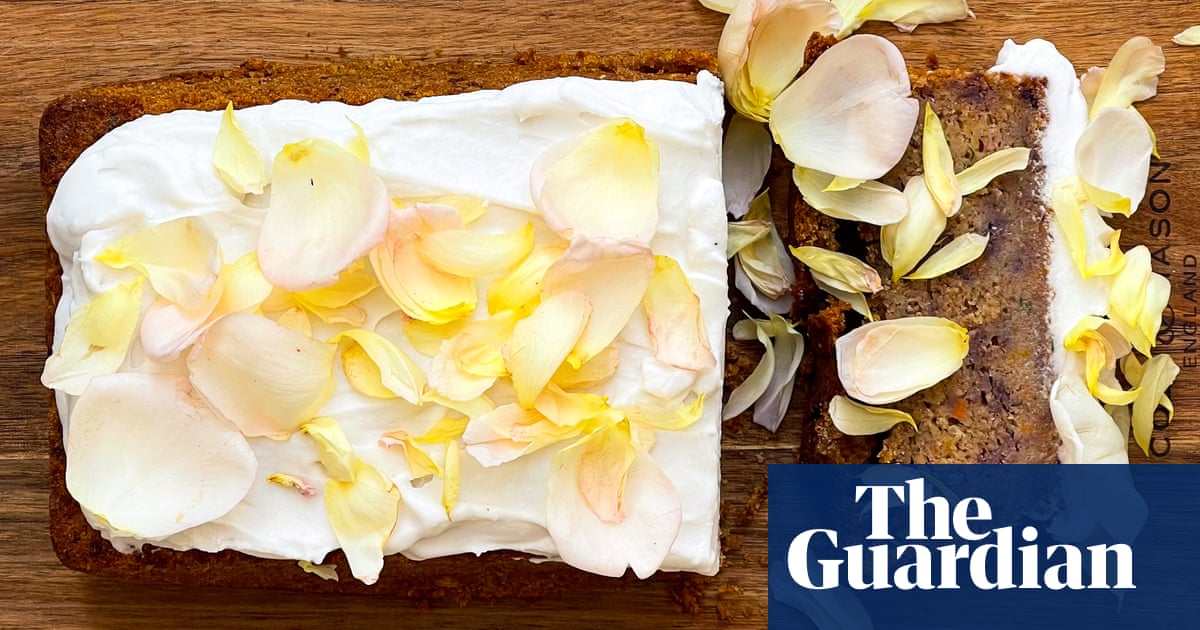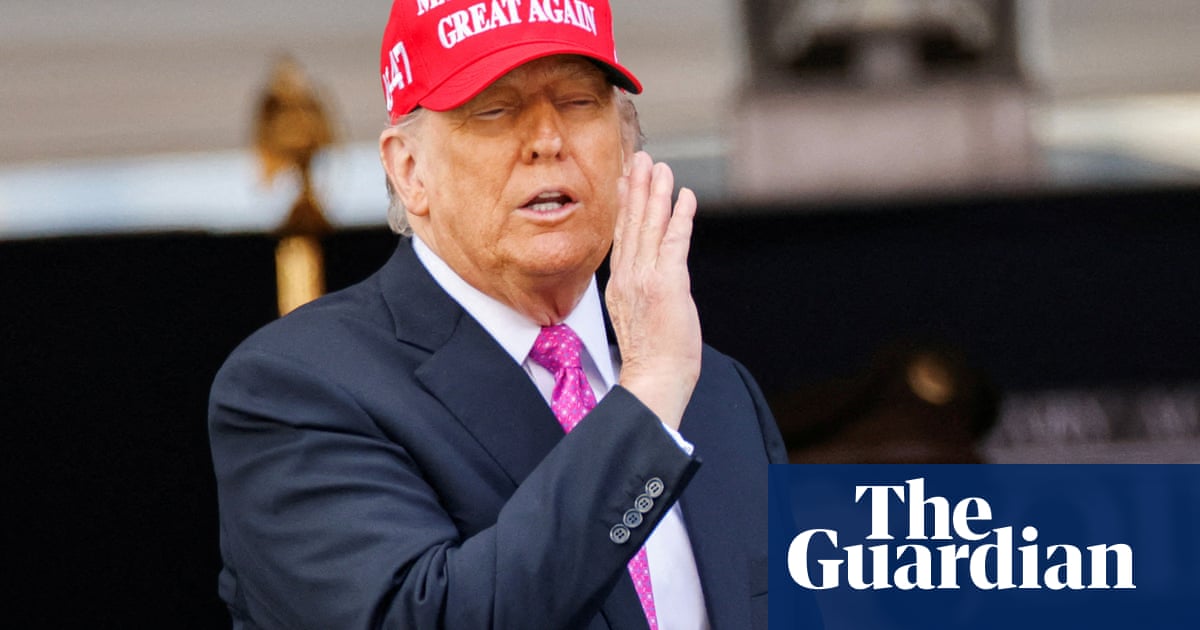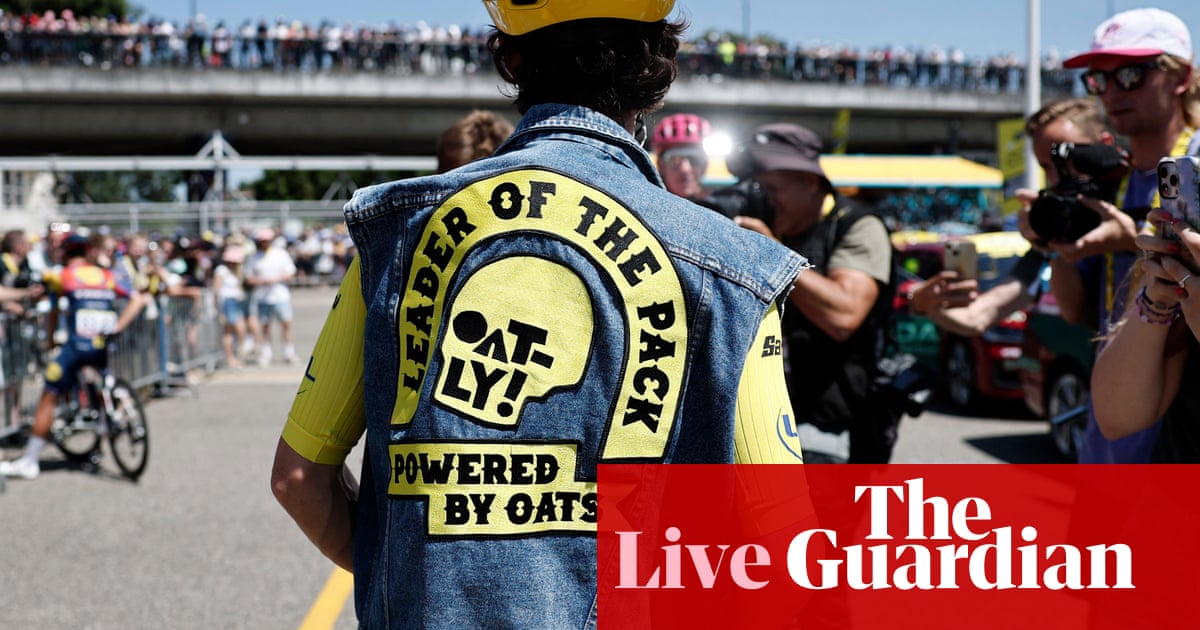Before Donald Trump was a politician he was a property tycoon. Naturally, he thought he could fix the Ukraine war with a real-estate deal. In exchange for a ceasefire, Vladimir Putin would get to keep territory he had already seized.
But before Putin was a politician he was a KGB agent who mourned the collapse of the Soviet Union. His idea of a fair solution begins with Ukraine’s total submission to an imperial Russian motherland.
There is no evidence that Trump was ever appalled by that ambition or by atrocities committed in pursuit of it. But he does now declare himself “very unhappy” with the Russian president for intensifying hostilities in defiance of White House efforts to end the fighting. It isn’t the killing that upsets the US president, but the ingratitude. Trump was offering Putin a hefty slice of Ukraine (not that the land was his to give away) and all he wanted in return was grounds to boast of his credentials as a peacemaker. Russian refusal to trade on those terms makes the White House look impotent, which is a good way to rile a prickly potentate.
The manifestation of that pique is an agreement to supply Ukraine with vital anti-missile defence systems and a threat to impose “severe” tariffs on Moscow if a ceasefire isn’t forthcoming within 50 days.
That is long enough for Trump to revert to his old habit of indulging the Kremlin. Also, his deadlines are famously elastic. It would be premature to celebrate the US president’s recognition that Putin has been “bullshitting” him as a symptom of strategic enlightenment, still less an affirmation of solidarity with Ukraine. The president who this week spoke of Kyiv’s right to self-defence is the same one who only five months ago scorned Volodymyr Zelenskyy as the author of his nation’s misfortune and a trickster who beguiled Joe Biden into handing over precious US resources to a lost military cause. Favour denied and then bestowed can be withdrawn again. Such is the Trump way.
The current position may be temporary. That doesn’t mean it lacks substance. The crucial change is that Zelenskyy and his European allies have convinced Trump that they are footing the bill for the war; that Ukrainian independence isn’t a rip-off.
The first stage of that persuasion was the creation of a co-owned investment fund for the exploitation of minerals, oil and gas in postwar Ukraine. Washington’s 50% notional share of those resources was presented as “repayment” for military aid.
Then came the commitment by Nato members to raise their annual defence budgets to 5% of national income within a decade. The alliance’s annual summit last month was choreographed almost exclusively to frame that pledge as a personal tribute to Trump. It wasn’t an edifying spectacle. Mark Rutte, the Nato secretary general, didn’t dignify his office by calling the US president “daddy”. But the show seems to have impressed its target audience. At his post-summit press conference, Trump spoke of European resolve with unusual warmth.
That fondness was on display again this week in a broadcast from the White House, where Trump, with Rutte at his side, declared that “having a strong Europe is a very good thing”. He referred back to the “very successful” Nato summit, the 5% pledge and a new arrangement whereby missile defences badly needed by Ukraine – the uniquely effective Patriot system – will be bought on Kyiv’s behalf by its continental allies. Trump’s point was not that the cause is just but that the price is paid by someone else. (The shift in posture reflects a judgment that Europe is a better client than the Kremlin.) Nato dollars beat Putin’s bullshit. For now.
That is a relief for Ukraine, but not much more. Patriots help provide cover for cities that have come under ferocious Russian bombardment, but they won’t much alter the balance of power on the wider battlefield. The Kremlin continues to eke out territorial gains at huge cost in casualties. Ukrainian forces continue to mount a heroic defence and sometimes pull off bravura feats of counterattack, but panache cannot resist sheer weight of population indefinitely.
Putin’s plan is more arithmetic than strategy. He intends to keep feeding soldiers into the “meat-grinder”, as Russians call the front, until there aren’t enough Ukrainians left with the strength or weapons to fight back. That is why the economic front – especially sanctions that target Moscow’s ability to raise revenue from oil and gas exports – is so vital, and why Trump’s readiness to reinforce that effort, if sincere, would be truly significant.
Putin might reasonably assume it is a bluff, or a passing whim. But the Russian president may also have overplayed his hand. He has less control over events than his biggest fans and most anxious detractors imagine. Kremlin propaganda cultivates the myth of the great and visionary leader bestriding history. That image is refracted through foreign lenses as the shadow of an omnipotent puppeteer, tugging at strings that pull down western democracies.
The truth is still sinister but more banal. Putin is the boss of bosses in a gangster kleptocracy where the security services are the paramount clan. Ultranationalist ideology and a personality cult around the president are embedded in all public discourse as tests of loyalty. Who really believes what is hard to know when the penalties for saying the wrong thing are severe. The economy is geared for total war from top to bottom, from industries that churn out munitions to the signing-on fees for volunteers and compensation payments to bereaved families that sustain remote regions where soldiering is the only work.
Putin has repeatedly told Russians they are engaged in an existential struggle with the west, equivalent to resistance against Nazi invasion in 1941. If he now stopped the war in exchange for a percentage of eastern Ukraine, it wouldn’t be the victory he has promised. He has mobilised patriotic fervour to silence doubt about the wisdom of the struggle and the implicit payback is national glory. If the fighting ends on more desultory terms, he will face angry mothers whose sons died in vain. He will have to find civilian jobs for disillusioned veterans. Those are problems he would rather defer. It is easier to keep riding the conveyor of death than step off it for a deal like the one Trump has in mind – a deal, it must be emphasised, that is still grotesquely generous in rewarding unprovoked aggression.
Putin’s reluctance to take that option is not the choice of a strategic mastermind, but nor was the full-scale invasion in February 2022. Plan A was to overrun Ukraine within days. The Russian president badly underestimated his adversary then. Plan B is slow butchery and patience, hoping the other side runs out of ammunition and will. Stringing Trump along may prove to have been another grave error of judgment. Ukraine and its more dependable allies must hope so, and press the advantage hard while it lasts.
-
Rafael Behr is a Guardian columnist

 9 hours ago
5
9 hours ago
5
